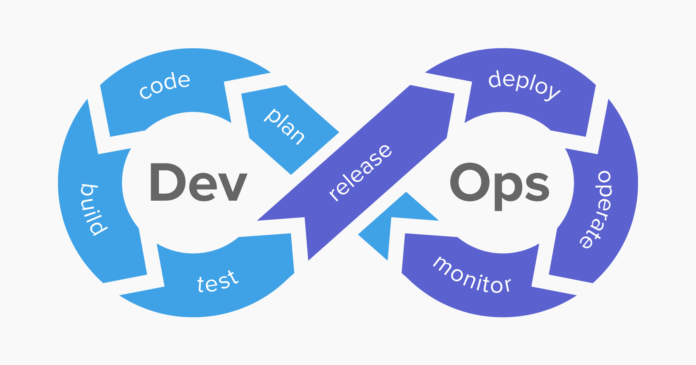As many companies now transition from DevOps to DevSecOpsor Security DevOps, it results in more secure software releases. They carry the best practices of DevOps like automation, collaboration, integration of security and audit capability, and emphasis on testing.
Without risking governance or stability, DevSecOps allows organizations to speed up their operations. Hence, experts recommend using built-in security systems in the processes during the coding phase. An integral part of the production, you can incorporate security practices for all applications, systems, and environments.
When strategically done, DevSecOps enables:
Uniform and Better Security from the Inception
DevOps automation platform security tools shared across various functions gain more visibility. The teams have more control over the overall systems development life cycle.
The automated delivery pipeline facilitates a closed-loop, end-to-end process instead of pointing to the flaws at the very end. It includes testing, reporting, ops, and resolution of security concerns.
DevSecOps integrates security from the nascent stages of the DevOps processes. It is not added as an afterthought or retroactively. From the beginning of the delivery pipeline, it is an essential quality requirement.
It accelerates testing and reviews the stages continuously by monitoring them in real-time. The feedback loops discover the bugs, improve software quality, and ensure compliance.
Enhanced Automation
Increased automation means a reduction of human error and, thereby, minimal risks. Security flaws will decrease, and the processes get more predictable. By consistent monitoring, it is possible to find any flaws immediately and fix them.
For enterprises looking to avoid risk, reduce downtime, and move towards automation, DevSecOps is the solution. The workflows are seamless, without any outages.
Respect Around the Environments
Security is not a standalone component, nor is it tertiary. As a critical part of the development equation, it showcases the business values. With automated security, it improves the customer experiences and provides respect.
Security DevOps creates consistent, repeatable, and manageable systems. Hence, the environments become traceable and reproducible. This way, you will know all about which individual accessed it, their activities, etc.
While changing or upgrading to a new policy around application security, it may take time to implement. However, with DevSecOps, the approach is more streamlined, and making the necessary changes is relatively faster.
Creating cross-functional teams and collaboration is easier and enforces a culture with lower risks. By prioritizing security and reduced errors, you can avoid issues in production. Ultimately, these efforts improve brand image and save costs of fixing avoidable flaws.
Quicker Delivery
In the event of a security breach, attack, or other vulnerabilities, Security DevOps responds faster. By accelerating the lead time, teams can develop and test the issue, find a solution soon. Deployment of the patch or update is quick.
With meticulous tracking, you can simplify and accelerate the responses in all pipeline stages. This kind of speed comes in handy when releasing a new product or update. When all the components are deployed in its stack, pointing out the component that requires an update is easier.
Identifying instances in various versions that need attention and quickly rolling it out is possible with Security DevOps. As a result, repeatable deployment processes and appropriate workflows ensue.
Ensures Governance
As companies streamline their processes along the pipeline, consistency remains the key. By configuring the automation and security tools, developers become self-sufficient and ensure access controls.
Currently, in many IT companies, teams establish an internal DevOps service for shared repositories and deployment processes. Engineers also automatically enforce configuration parameters and security measures to prevent configuration drift.
Irrespective of the environments, in any stage of development, production, testing, or quality analysis, instances can be tracked. You can monitor and identify whether they operate within the preset guidelines and manage accordingly.
One-Click Reporting
In the long run, Security DevOps streamlines security and compliance in a more efficient and proactive manner. These principles serve as a solid foundation for a DevSecOpsautomation platform.
With automated processes, you have the additional benefit of carrying out and testing predictable outcomes. As you create consistent and repeatable processes with similar sets of actions, documentation and logging become fully automated.
Auditing and reliability are no longer an issue because DevSecOps practices span the entire pipeline. Traceability improves throughout the cycle, from inception to code change to the final product release.
With one click, you can access the complete audit trail – from security logs to compliance reports. When there is no need for human intervention, the time taken for backtracking the processes reduces drastically. This way, businesses can also save a lot of working hours.
Start Leveraging DevSecOps Tools
Enterprises have recognized that security is core to business success and no longer a necessary evil. The main reason for this “shift left” approach is the double benefits to companies and customers. Embrace this widening adoption of digital services and transform the traditional corporate networks.







